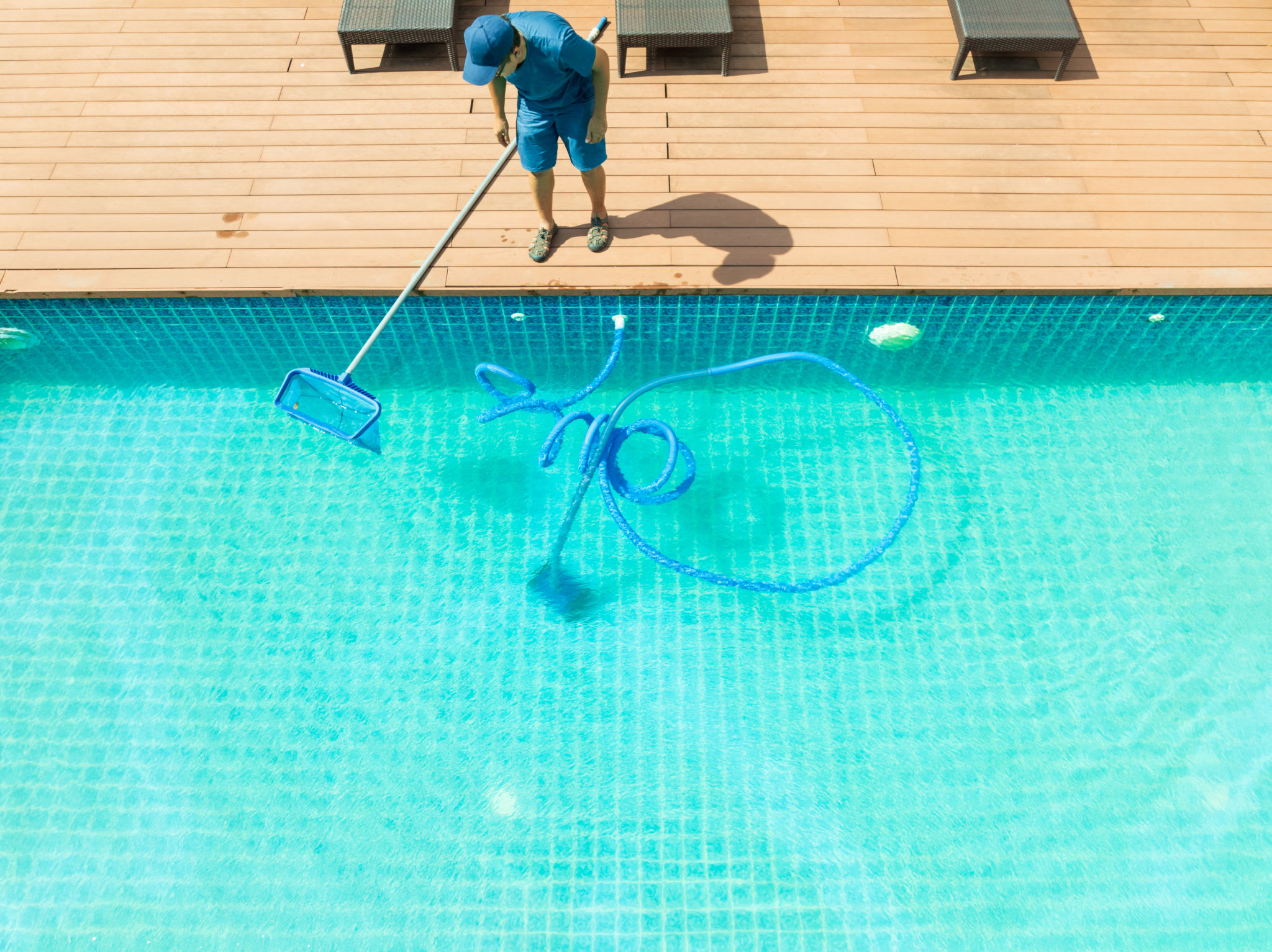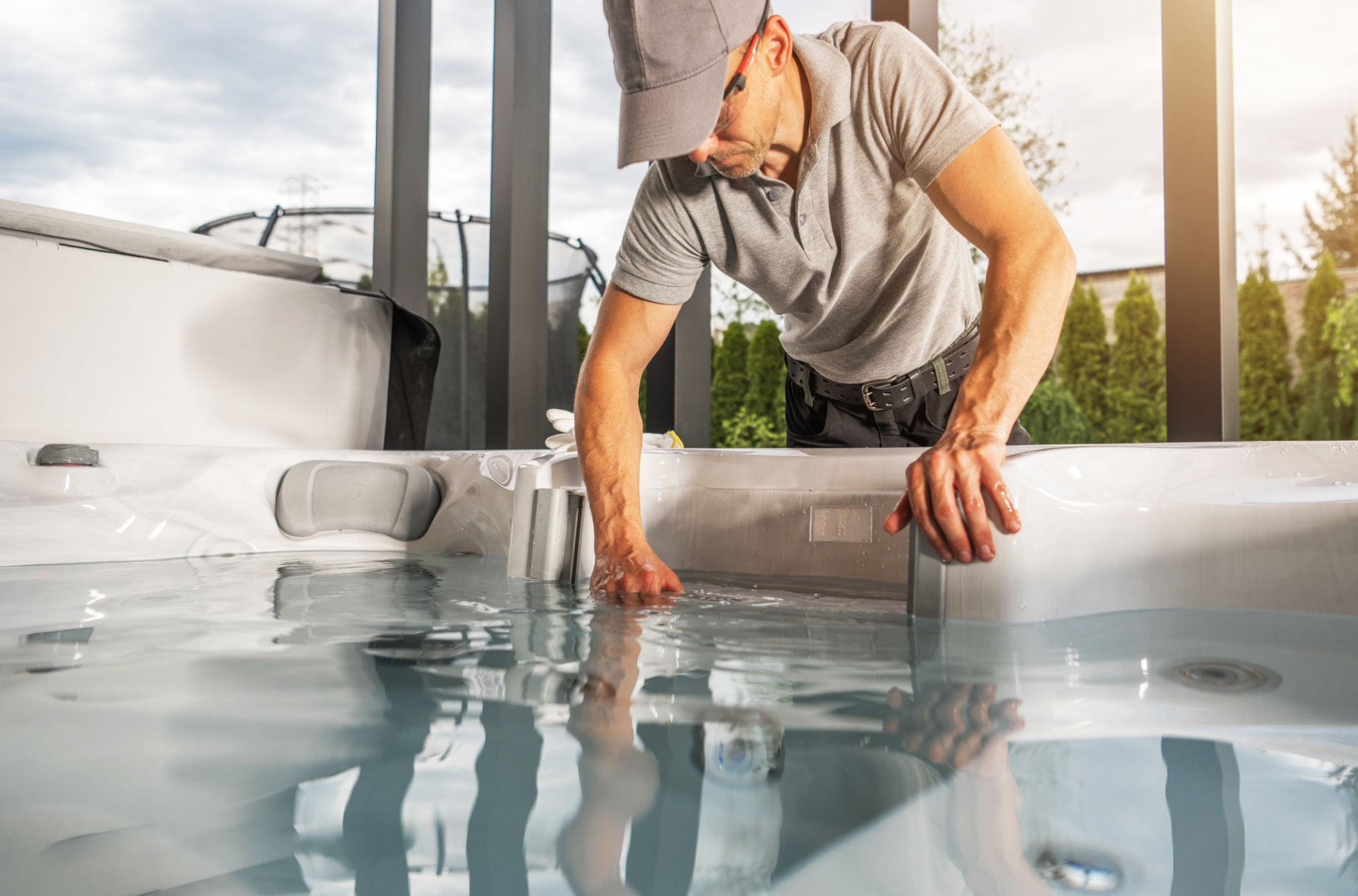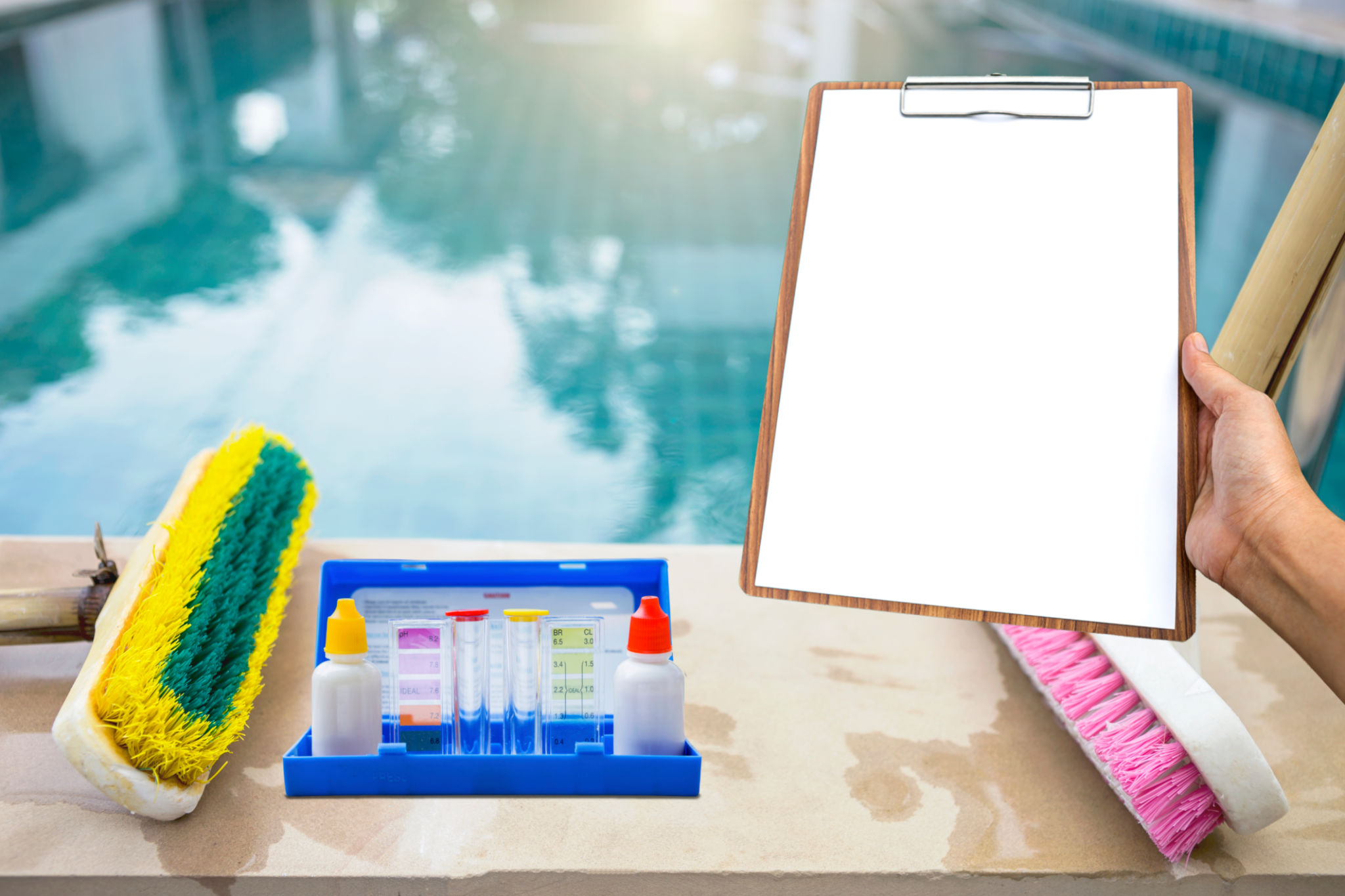DIY Pool Maintenance: What You Can Do and When to Call the Experts
Understanding Basic Pool Maintenance
Maintaining your pool doesn’t have to be a daunting task. With the right know-how, you can keep your pool in top condition throughout the swimming season. Regular maintenance not only ensures a safe swimming environment but also prolongs the life of your pool. Let's dive into the basics of DIY pool maintenance.
One of the first steps in pool maintenance is understanding the importance of regular cleaning. This includes skimming the surface of the water to remove debris, vacuuming the pool floor, and brushing the pool walls. These tasks help prevent algae growth and keep your pool sparkling clean.

Balancing Pool Chemicals
Proper chemical balance is crucial for a safe swimming experience. It’s essential to regularly test your pool water and adjust the chemicals as needed. The main elements to monitor include chlorine levels, pH, alkalinity, and calcium hardness. Keeping these in check helps prevent harmful bacteria and algae from thriving in your pool.
You can purchase a pool testing kit from most home improvement stores. When testing your water, always follow the instructions closely to ensure accurate results. If you notice significant imbalances, consider consulting a pool supply store for guidance on how to adjust your chemical levels effectively.

When to Call a Professional
While many pool maintenance tasks can be handled on your own, there are certain situations where calling in a professional is advisable. Complex repairs, such as fixing leaks or issues with your pool’s filtration system, are best left to experts who have the necessary tools and experience.
If you notice any unusual changes in your pool’s water level or encounter persistent chemical imbalances despite your efforts, it might be time to consult a professional service. They can provide a thorough inspection and address issues that may not be obvious to the untrained eye.

Seasonal Maintenance Tips
Each season brings its own set of challenges for pool maintenance. In warmer months, increased usage and higher temperatures can lead to more frequent cleaning and chemical adjustments. Conversely, during off-seasons, you may need to focus on preparing your pool for winterization.
Consider creating a seasonal maintenance checklist. This could include tasks like checking and cleaning the filter, adjusting chemical levels for temperature changes, and covering the pool when it’s not in use for extended periods.
Investing in Pool Maintenance Tools
Having the right tools can make a significant difference in your pool maintenance routine. Essentials like a good quality pool skimmer, vacuum, and brush are necessary for regular cleaning. Additionally, investing in an automatic pool cleaner can save you time and effort in the long run.
Don’t forget about safety equipment such as life rings and pool alarms, which are crucial for ensuring a safe swimming environment. These tools not only make maintenance easier but also enhance the overall safety and enjoyment of your pool.

Conclusion
Maintaining your pool doesn’t have to be overwhelming. By performing regular cleaning, balancing chemicals, and knowing when to call a professional, you can enjoy a clean and safe swimming environment all season long. With the right tools and knowledge, DIY pool maintenance can be both manageable and rewarding. Dive into these tips and ensure your pool remains a source of fun and relaxation for years to come.
